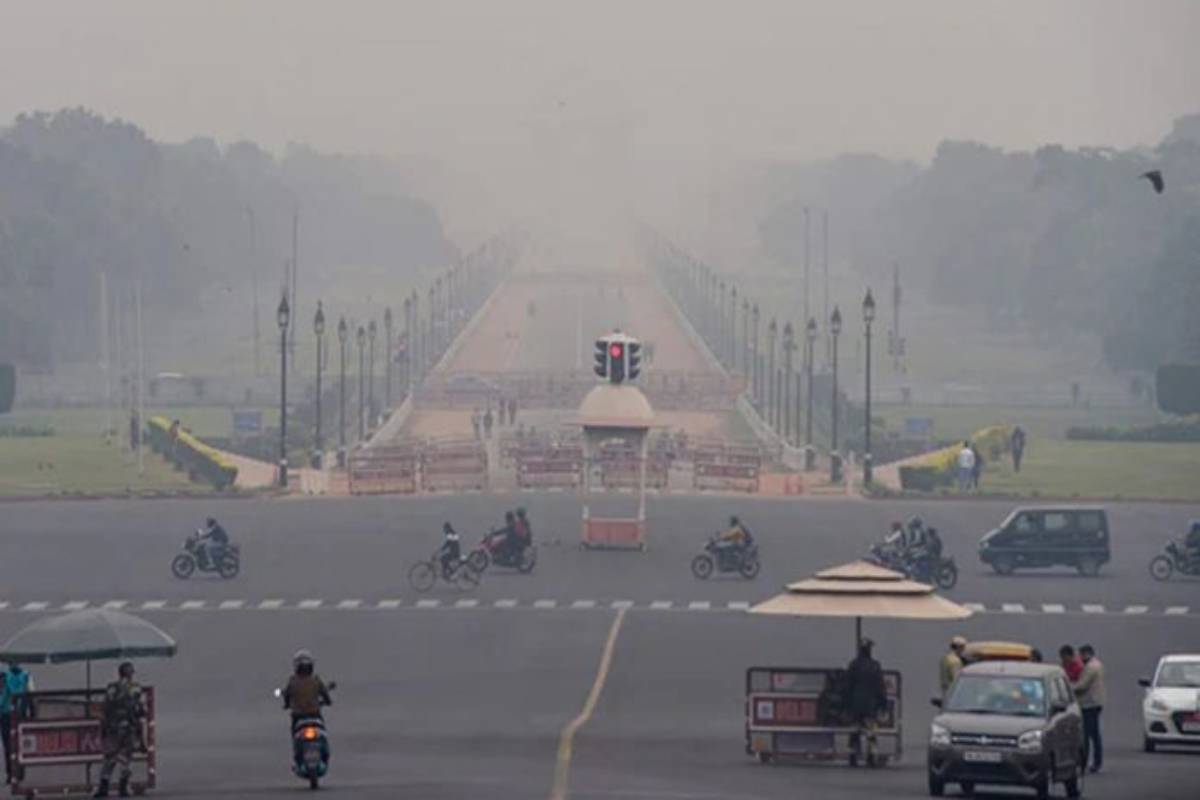The National Human Rights Commission (NHRC), India, not satisfied with the various actions taken so far to address the issue of air pollution in Delhi-NCR, has asked Chief Secretaries of Punjab, Haryana, Uttar Pradesh and Delhi to be present before it either personally or on hybrid mode on November 10, 2022 for a detailed discussion in this regard.
The Chief Secretaries of these States are expected to inform the Commission within a week positively before this discussion about the steps taken by their respective governments to stop the burning of stubble in their regions, said the NHRC in a statement.
Advertisement
Their reports must also inform about the effect of smog towers and anti-smog guns as to how many such anti-smog guns are operational and what further steps Govt. of NCT of Delhi and the concerned governments are taking in near future. The report of Punjab and Haryana must also specifically inform about the effect of the scheme of in-situ management of crop residue.
The Commission has given these directions after consideration of a report and the material on record received from the Union Ministry of Environment, Forest and Climate Change (MoEF&CC) in response to its notice issued on 22nd June, 2022, after taking suo motu cognizance of media reports alleging that air pollution is a great threat to human health in India, reducing overall life expectancy by five years and 9.7 years for the people in Delhi.
The MoEF&CC report has mentioned several steps being taken by the Centre as well as the State governments to reduce air pollution levels. These include, among others, the implementation of the National Clean Air Programme (NCAP) for reducing levels of air pollution in non-attainment cities (NACS) of the country from January 2019 with a target to reduce the particulate matter concentration by 20-30 per cent by 2024.
It also says that an overall improvement in ambient air quality has been observed in 75 cities and no significant change or increase in 14- cities during 2021-22 has been noted as compared to 2019-2020. However, 18 cities, which were within the prescribed National Ambient Air Quality Standard (PM10 less than 60 µg/m3) in 2019-20, have shown an increase in air pollution in 2021-22.
The Commission has noted the measures taken so far but observed that these are not enough to reduce the pollution level in NCT of Delhi. It is of the considered view that much more needs to be done to reduce the pollution level immediately.
The NHRC has observed that Article 47 of the Constitution reposes the duty upon the state to raise the standard of living and to improve public health. Besides, any disturbance of the basic environment elements, viz., air, water and soil, which are necessary for life, could be hazardous to life within the meaning of Article 21 of the Constitution. Despite several directions from time to time, nothing much has improved and one of the major causes of air pollution in Delhi and NCR region is crop/stubble burning in the states surrounding NCR, said the NHRC.
It has been further observed that with the winter approaching, the NHRC, being the premier human rights body of the country, cannot remain a mute spectator of the situation affecting the human rights of the common citizens. It is of the considered view that notwithstanding several directions of the Supreme Court, National Green Tribunal and other authorities, the air quality in Delhi- NCR has not seen required improvement for a human-friendly environment, which cannot be allowed to remain so perpetually.











